HM Coastguard kicked off the 200th anniversary celebrations of the agency in Aberdeen today aboard a ferry, marking two centuries since its formation.
Celebrating with volunteers, staff and family on one of Northlink’s vessels at the Port of Aberdeen, many gathered to share stories and meet old friends.
A civic ceremony will also be hosted this evening at the Maritime Museum in honour of those who volunteer and work within the agency.
Formally brought into existence on January 15, 1822, HM Coastguard has been working to keep people safe at the coast and sea ever since and the north-east is no exception.
Assistant Chief Coastguard, Matt Leat, said the celebration was a great occasion to recognise the staff and volunteers who are having a “life saving impact daily”.
“We’ve got a really proud 200 years behind us,” he added.
“I think it’s a great opportunity to sort of highlight and celebrate the work of our own volunteers, our staff as well, and they support staff that often aren’t seen.”
Coastguard challenges change every year
While there is a lot of great history, Mr Leat said it was important to keep looking to the future and keeping people safe.
He said: “I think we’ve got to keep up to speed with everything that’s changing in people’s lives. It changes kind of year by year and we’ve got to be on par with that, if not ahead to make sure that we’re keeping our finger on the pulse.”
Area commander for the north-east, Calum Christie who also spoke at the event, said it was an impressive anniversary.
He said: “It is staggering to know that the work that we’ve been doing, and the work we continue to do, has been going on for such a long time.”
‘Working together to search, rescue and save’
First falling in love with the job 12 years ago, the Macduff resident has been part of some major incidents over the years including the tragic Stonehaven train crash in 2o2o.
Mr Christie, 33, added: “On the coast in my current role, there’s been a number of different incidents and missing people searches. Probably the one that sticks out the most is the Stonehaven train derailment in 2020.
“That was a combination of a number of different teams all coming together in an environment that was quite foreign to us, working in land, with such proximity to a hazardous situation.
“But you know, bringing everything together and being able to use all the skills that the volunteers in particular, have developed it’s a prime example of what the coastguard is all about.
“Everybody working together and trying to achieve a collective goal to search, rescue and save.”
Coastguard sometimes feels like a ‘forgotten’ service
While many things have changed over the years since its inception, those involved in the historical agency say that aim remains the same.
Involved with the coastguard service for over 26 years, Fiona Hastie, area commander in Inverness, said many things had changed since she started out in her role as one of the few women employed with the organisation.
“It’s changed hugely ,” she said. “We had huge headphones and black and white screens, you know, there was no wi-fi when I started. So many people won’t understand that concept.”
Helping to manage the volunteers in Inverness since 2014, she said the sense of community was brilliant in the north.
Miss Hastie added: “Its phenomenal the amount of time and effort Coastguard volunteers put in and their families. It’s 24/7 at the drop of a hat, no matter the weather.”
Ross McMenemy, who works in the operations team and as a coastal volunteer with the Cruden Bay team, said it can sometimes seem it is a forgotten service.
He said: “When you think of the 999 service, you think of police, fire and ambulance.
“They have their capabilities, and they’re brilliant at what they do. But that’s the same with the coastguard teams, we are brilliant at what we do.
“It’s a unique skill set that no other service has and it’s fantastic. ”
‘Always responding the best we can’
While he finds the ops room “satisfying”, Mr McMenemy said he loved the practical side of volunteering.
He said: “To me, that’s the fun side, because I like being hands on. I like getting involved and being out and about.
“The job in the ops room is very satisfying. You get to see incidents from all around the country, and you get to play a part in resolving them.
“But there’s something really satisfying about actually being hands on and helping someone. I like being outside and working in a team and things like that. So I think that’s almost more rewarding actually seeing it firsthand.”
When asked about the struggles that might come with assisting in incidents, Mr McMenemy said that while the job is challenging, he has great support from team and family.
He added: “And I think the important thing to remember is always that we’ve done the best thing we can. There’s a lot of things we can’t change the outcome to but we responded the best way we can.”
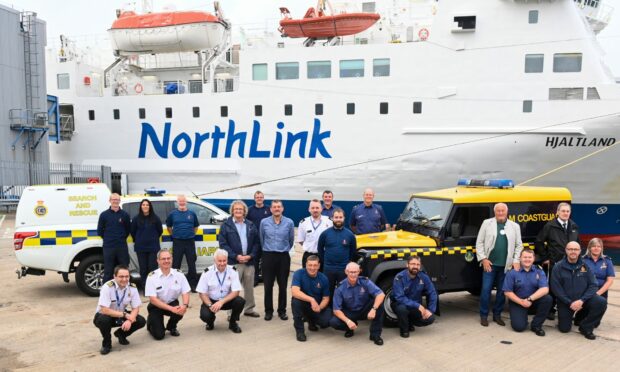
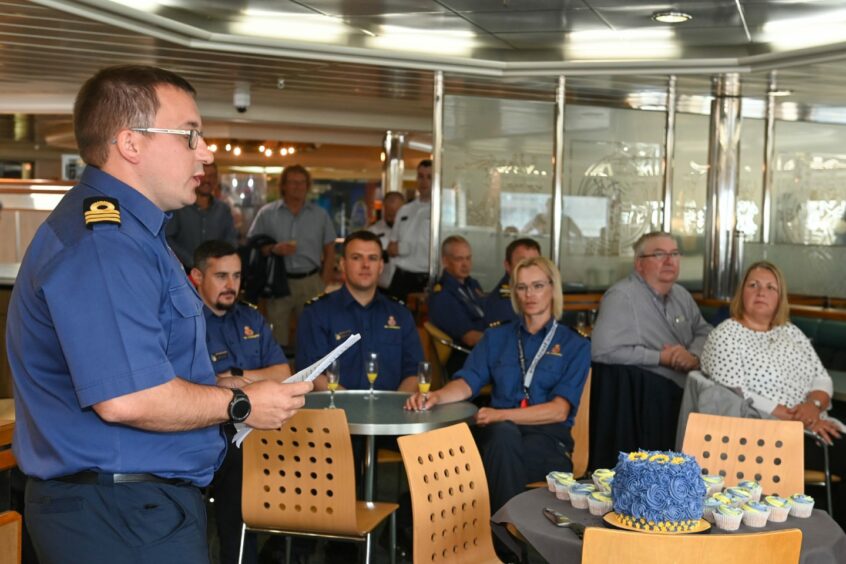
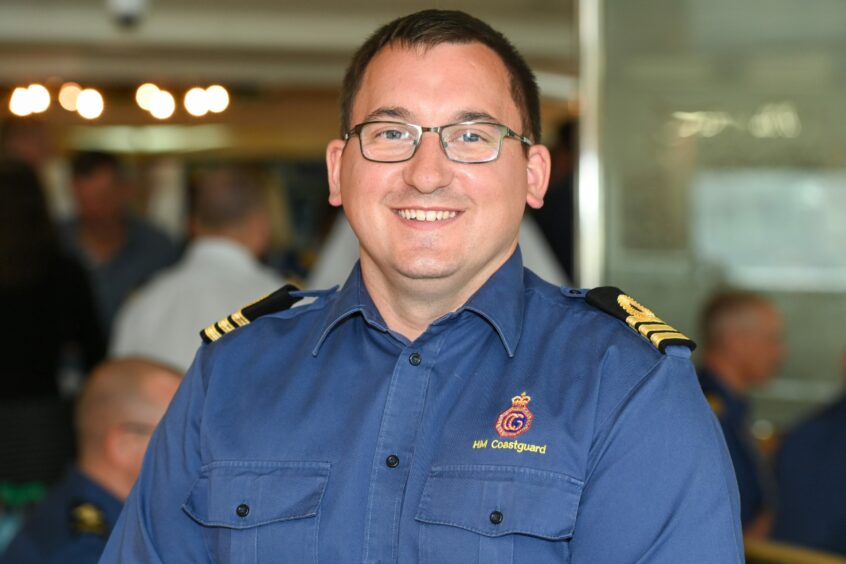
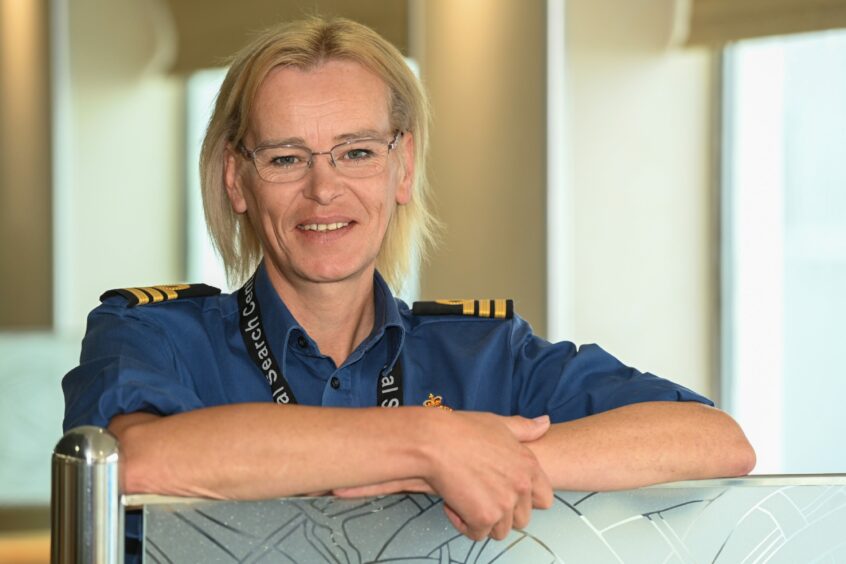
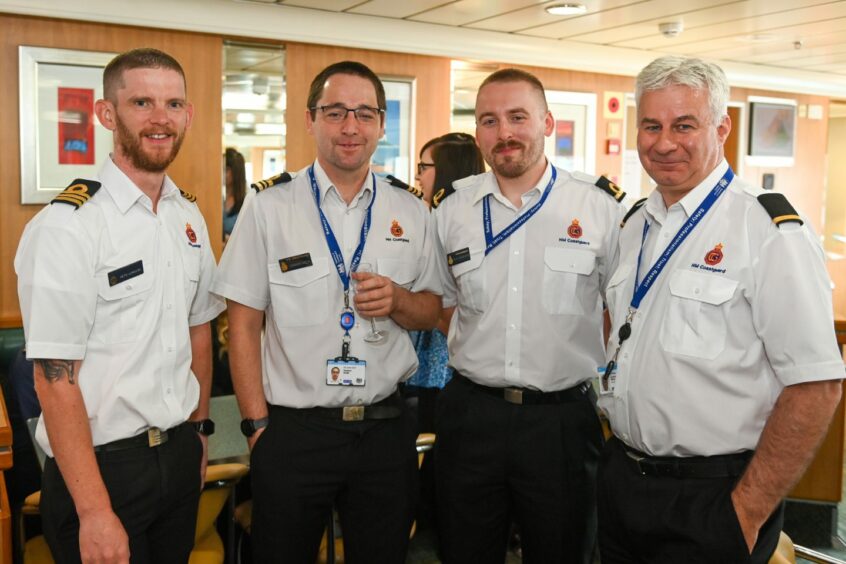
Conversation